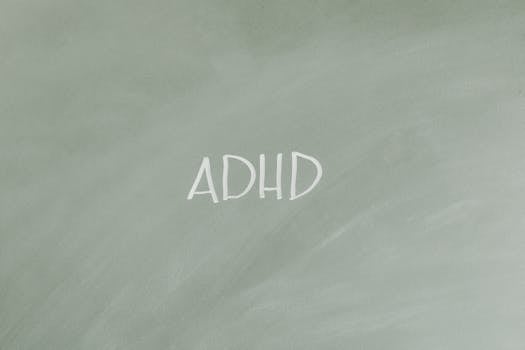
Finding Your Path to Well-being: A Guide to Therapy and Counseling
Feeling overwhelmed, anxious, or stuck in a rut? You're not alone. Millions of people benefit from therapy and counseling each year, finding relief from a wide range of emotional and mental health challenges. This article explores the world of therapy and counseling, outlining different approaches, benefits, and how to find the right therapist for your needs.
Understanding the Difference (and Similarities):
While the terms "therapy" and "counseling" are often used interchangeably, there are subtle distinctions. Generally, counseling focuses on addressing specific problems or life transitions, such as relationship issues, career changes, or grief. It often involves shorter-term interventions with a goal of equipping individuals with coping mechanisms and strategies. Therapy, on the other hand, tends to delve deeper into underlying psychological issues, exploring past experiences and ingrained patterns of behavior. Therapy can be longer-term and aims for more profound personal growth and change.
However, the line between the two can be blurry. Many therapists offer both counseling and therapy services, tailoring their approach to the individual's needs. The key is finding a professional whose approach aligns with your goals and preferences.
Types of Therapy and Counseling:
The field of mental health offers a diverse array of therapeutic approaches. Some of the most common include:
- Cognitive Behavioral Therapy (CBT): This evidence-based approach helps individuals identify and modify negative thought patterns and behaviors that contribute to emotional distress. It's highly effective for anxiety, depression, and other mood disorders.
- Dialectical Behavior Therapy (DBT): Developed to treat borderline personality disorder, DBT teaches skills in mindfulness, emotional regulation, distress tolerance, and interpersonal effectiveness. It's also beneficial for individuals struggling with intense emotions and self-harm behaviors.
- Psychodynamic Therapy: This approach explores unconscious patterns and past experiences to understand the root causes of current difficulties. It often involves delving into childhood relationships and exploring recurring themes in one's life.
- Acceptance and Commitment Therapy (ACT): ACT focuses on accepting difficult thoughts and feelings without judgment, while committing to actions aligned with one's values. It's particularly helpful for individuals struggling with chronic pain, anxiety, and depression.
- Family Therapy: This type of therapy involves family members working together to improve communication, resolve conflicts, and strengthen relationships.
- Group Therapy: This provides a supportive environment where individuals can share experiences, learn from others, and develop coping skills within a group setting.
- Improved Mental Health: Therapy can significantly reduce symptoms of anxiety, depression, and other mental health conditions.
- Increased Self-Awareness: Therapy provides a safe space to explore your thoughts, feelings, and behaviors, leading to greater self-understanding.
- Enhanced Coping Skills: You'll learn practical strategies for managing stress, conflict, and difficult emotions.
- Improved Relationships: Therapy can help improve communication and resolve conflicts in personal relationships.
- Greater Resilience: Therapy equips you with the tools to navigate life's challenges with greater resilience and strength.
- Improved Physical Health: Mental and physical health are interconnected. Addressing mental health concerns can positively impact physical well-being.
- Therapist's Approach: Research different therapeutic approaches and choose a therapist whose approach aligns with your needs and preferences.
- Therapist's Experience: Look for a therapist with experience treating your specific concerns.
- Personal Connection: A strong therapeutic relationship is essential. Choose a therapist with whom you feel comfortable and safe.
- Insurance Coverage: Check with your insurance provider to determine your coverage for therapy services.
- Reviews and Recommendations: Read online reviews and ask for recommendations from friends, family, or your doctor.
Benefits of Seeking Therapy and Counseling:
The benefits of seeking professional help are numerous and far-reaching:
Finding the Right Therapist:
Finding the right therapist is crucial for a successful therapeutic experience. Consider the following factors:
Taking the First Step:
Seeking therapy or counseling is a sign of strength and self-awareness. It’s a proactive step towards improving your well-being and achieving a more fulfilling life. If you're considering therapy, don't hesitate to reach out to a mental health professional. Many online resources and directories can help you find therapists in your area. Remember, finding the right fit may take time, but the journey towards better mental health is worth the effort. Taking that first step is the most important one. Your well-being matters.


